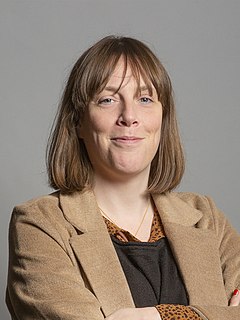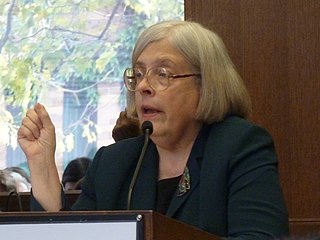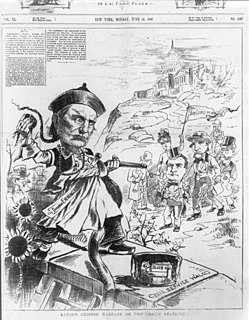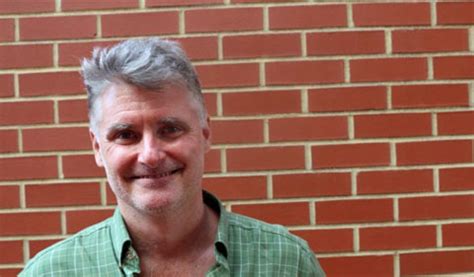A Quote by Rory Stewart
If democracy is to be rebuilt … it is necessary not just for the public to learn to trust their politicians, but for the politicians to learn to trust the public.
Related Quotes
If you want to learn anything, learn trust - nothing else id needed. If you are miserable, nothing else will help - learn trust. If you don't feel any meaning in life and you feel meaningless, nothing will help - learn trust. Trust gives meaning because trust makes you capable of allowing the whole descend upon you.
Why do Americans find government so baffling and irritating-even though many of us depend on public programs for a secure retirement, an affordable mortgage, or a college loan? In this timely and important book, political scientist Suzanne Mettler explains how the United States has come to rely on hidden, indirect policies that privilege special interests but puzzle regular citizens. American democracy can do better, and she shows how. Politicians and the public alike have much to learn from her brilliant and engaging analysis.
From these activists we can learn a crucial lesson: without citizens creating the institutions necessary for facilitating the growth of public deliberation, democracy will be a meaningless term. Without political leaders articulating this idea and acting upon it, public life and citizenship will continue to stagnate.































